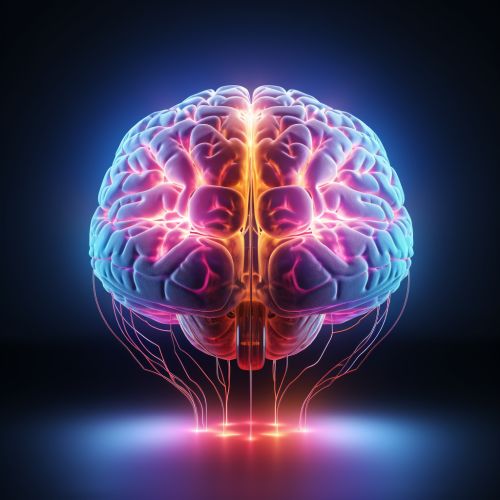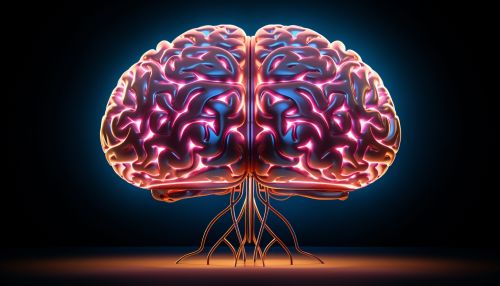The Science of Human Cognitive Flexibility in Learning
Introduction
Human cognitive flexibility is the mental capacity to transition between contemplating two distinct concepts, or to concurrently process multiple concepts. It is a component of the executive functions system, a collection of cognitive processes integral to the cognitive regulation of behavior.


Understanding Cognitive Flexibility
Cognitive flexibility is often characterized as the mental capacity to adapt cognitive processing strategies to confront new and unexpected conditions in the environment. It is the capability to restructure knowledge in various ways depending on changing situational demands. Cognitive flexibility is a vital component of learning and development, as it is intricately linked with our capacity to adapt to new situations, learn from past experiences, and apply this learning to the altered circumstances of our current environment.
Components of Cognitive Flexibility
Cognitive flexibility is not an isolated process but is closely intertwined with other cognitive processes and abilities. It is frequently viewed as a component of broader cognitive abilities such as problem solving, fluid intelligence, and executive function.


Cognitive Flexibility in Learning
Cognitive flexibility plays a pivotal role in learning. It enables individuals to adapt their cognitive processing strategies to new situations, to transition from one mindset to another, and to alter their course of thought in response to the changing demands of a situation.
Factors Influencing Cognitive Flexibility
Several factors influence cognitive flexibility including age, brain health, level of education, and certain personality traits. For example, cognitive flexibility tends to diminish with age, and conditions such as Alzheimer's disease can significantly impair cognitive flexibility.


Improving Cognitive Flexibility
There are several strategies that can help enhance cognitive flexibility. These include engaging in new learning experiences, practicing mindfulness, and participating in activities that challenge the brain such as puzzles and games.
Conclusion
Cognitive flexibility is a crucial cognitive ability that enables individuals to adapt to new situations and to learn from past experiences. It is a key component of learning and development and is closely intertwined with other cognitive processes and abilities.
